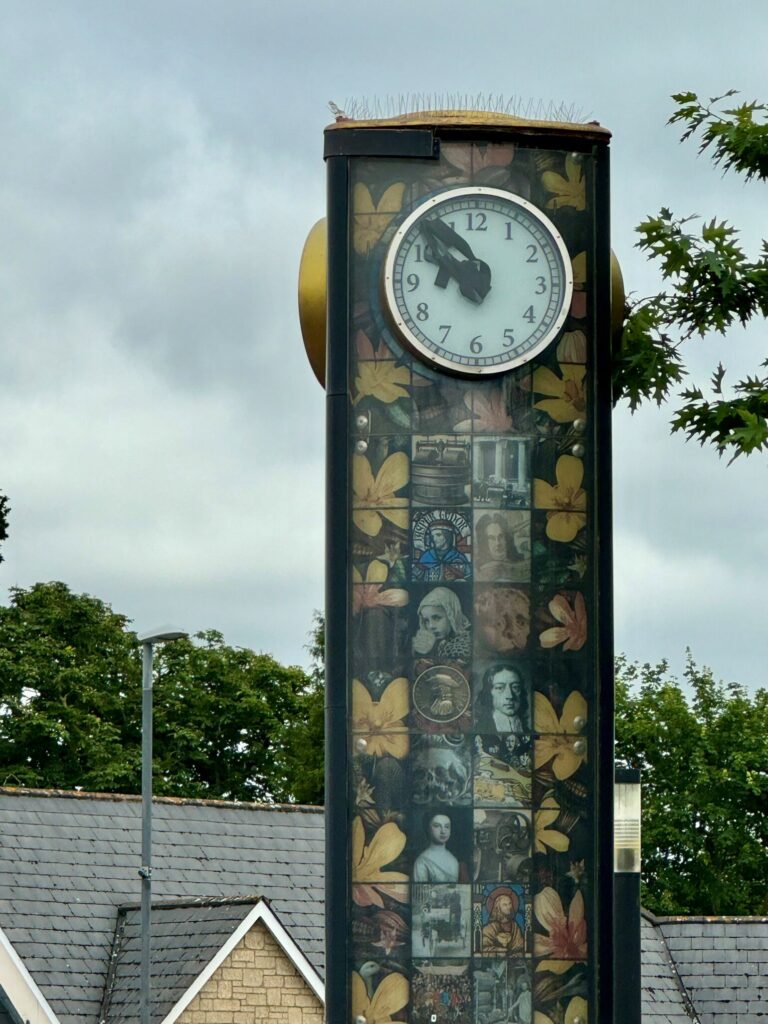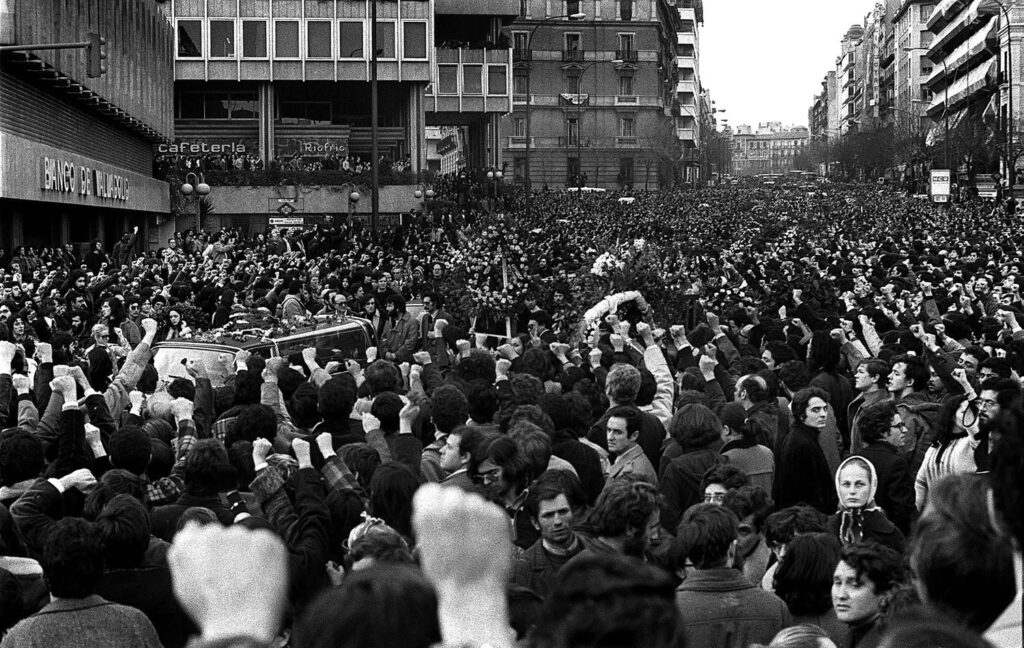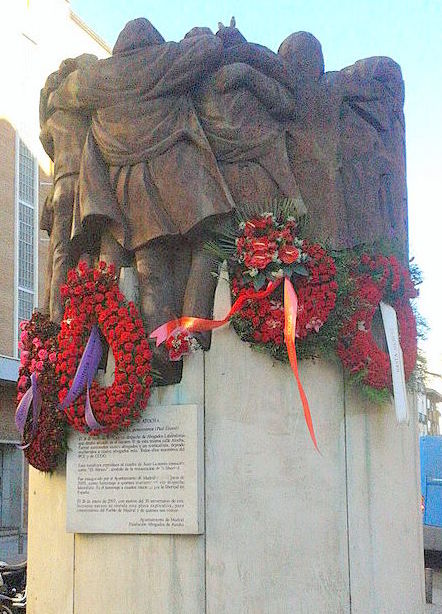People
What a smart ‘idea’ is written about, and written in a way that almost makes one imagine that God – in the counsel of the ‘gods”??? – considers pushing creation to a new level with the phrase ‘let us make humanity’. The power of myth captures theology in a way that scientific statements cannot and the imaginative story of a transcendent Being walking with humanity, and not simply in the cool of the evening but in and through the heat of despair, murder and idolatry unfolds in our holy writings.
People, with the heavens being God’s domain and the earth ‘given to humanity’ sets the scene for the journey to begin. What can be achieved is incredible hence the story of the origins of language so that whatever they imagine will not come to pass – something reversed at Pentecost, thus the Spirit and imagination are closely linked. Humanity inbreathed by the Spirit can respond to that early statement with ‘Let us…’
What can be. God saw and it was good… John saw a new heaven and a new earth (the renewal of all creation) and then he describes all that is good,no longer a couple starting an adventure but a company from all backgrounds that cannot be numbered; God present in fullness permanently; no tears of regret and pain… creation having come to a fullness, perhaps even with the potential of more to come with the description that the gates of the city will never be closed – room for more?
Because God released humanity as the agents to work with creation so much could / can happen… and so much has gone wrong. I don’t think the writers of Genesis saw where all this would lead but God’s commitment to humanity and the authority given to humanity is what produces the Incarnation – humanity still has to sort out the mess, so into first Century Israel appears the one who walks among them – the truly human one. First miracle? Water into wine. Barrels used for purification get transformed into barrels for joy.
Land and place come together to resist the future that could and should be… but with vision (which includes blindness with integrity for we all see in part, hence blind in part) people are uniquely able to pull in a future that resembles – even if like an impressionist painting, rather than a photograph – heaven’s realities.
We have some work ahead of us. I wonder if it begins with painting a picture of a new future and inviting people to change perspective (repentance) and come on board (ekklesia) to push and pull, and more importantly to love all fellow travellers. [Surely the heart of the ‘gospel’?]
I think the next couple of decades will be critical with potential end of world crises… or potential new adventures. I am calling this the great unravelling. We have well and truly ‘ravelled’ everything, but like a balll of string that is totally screwed up one has to start to pull one end and nothing moves… but eventually if one persists an end comes loose and in a quick period of time everything comes loose. Most of the loosing happens by accident, one just happens to pull the key part at the right time. Hence blind integrity is so important. To imagine that we know what to do would be fantasy indeed, but to groan with creation, holding on to hope might bring us a little into line with Romans 8.
People. God’s idea. And God’s dream is not a dashed dream. The adventure continues… Land, place, people… and time (a few thoughts to come on this).






